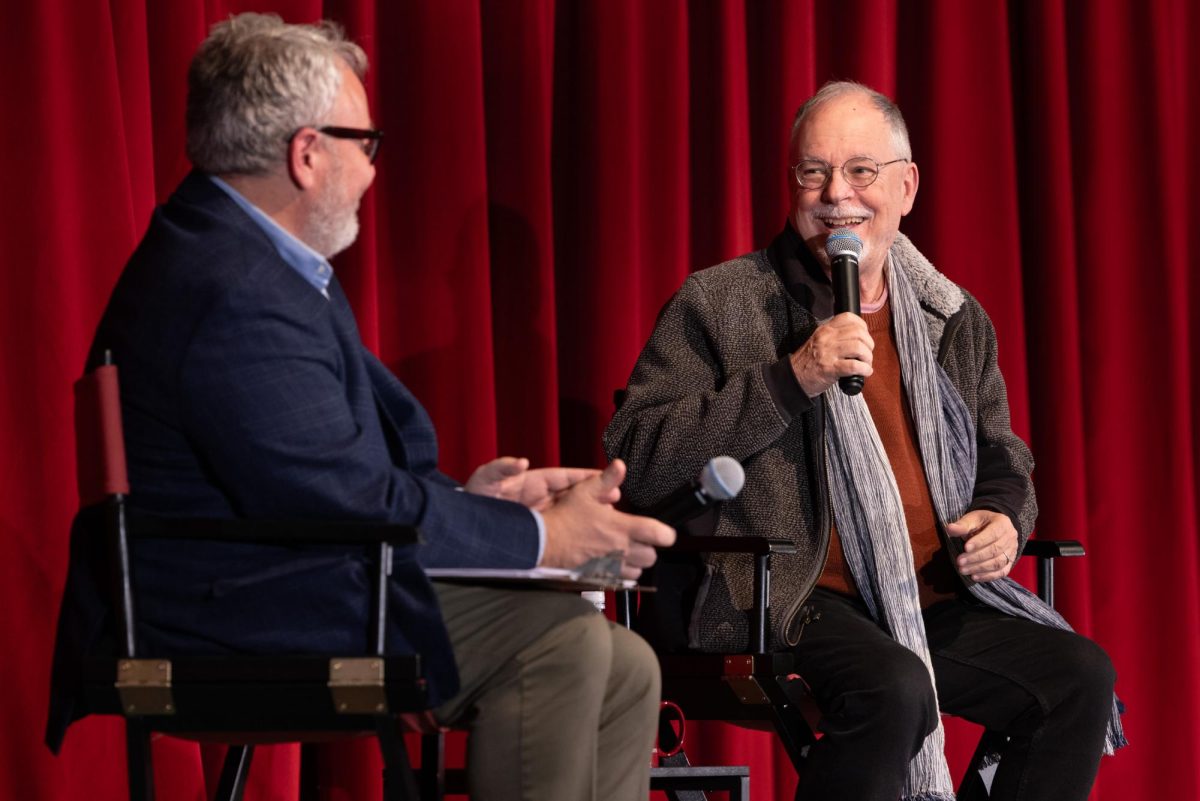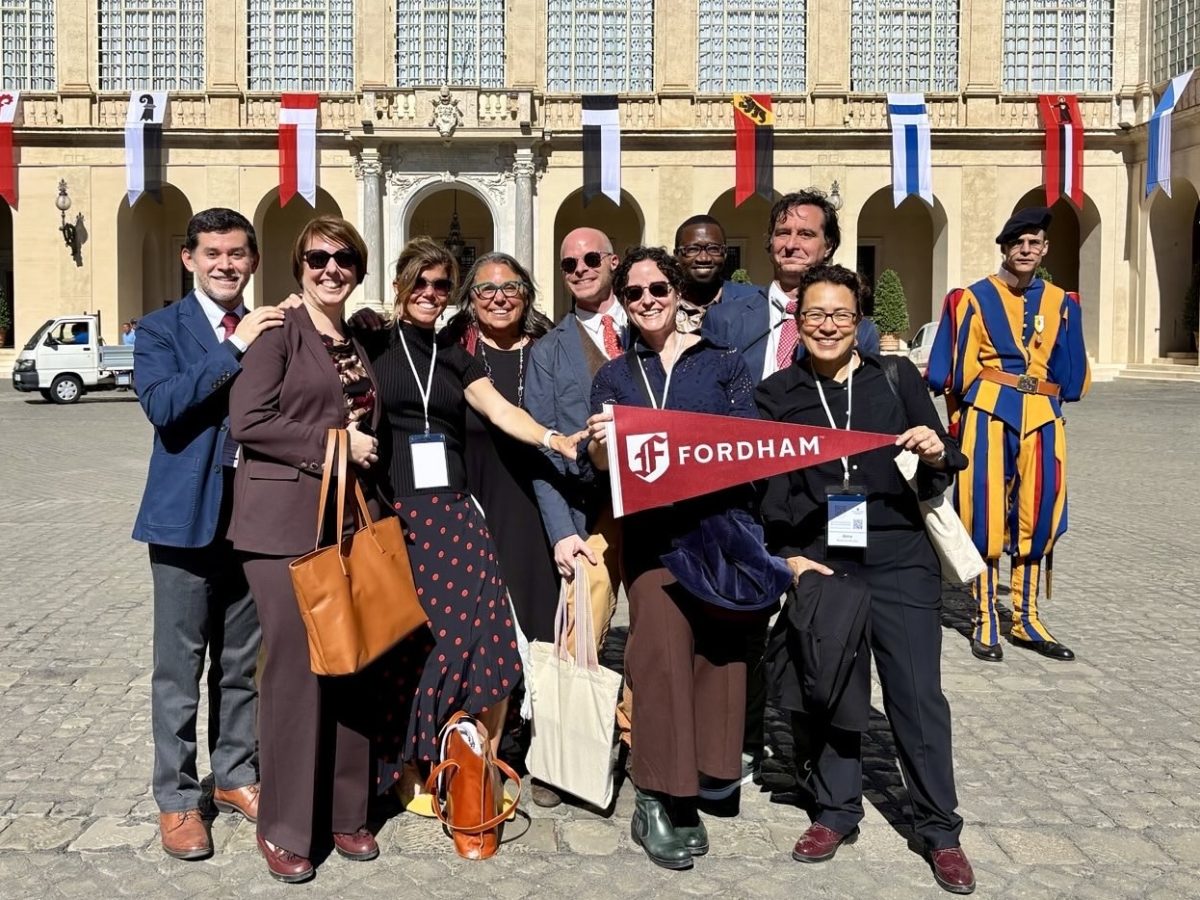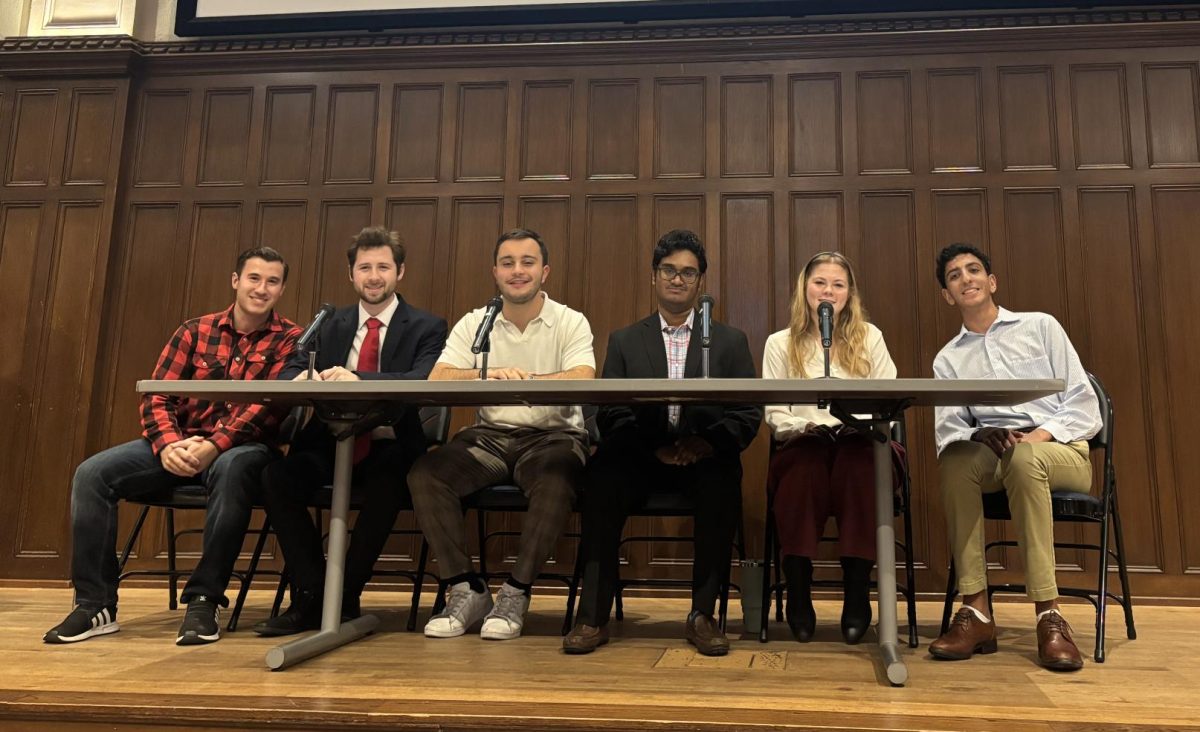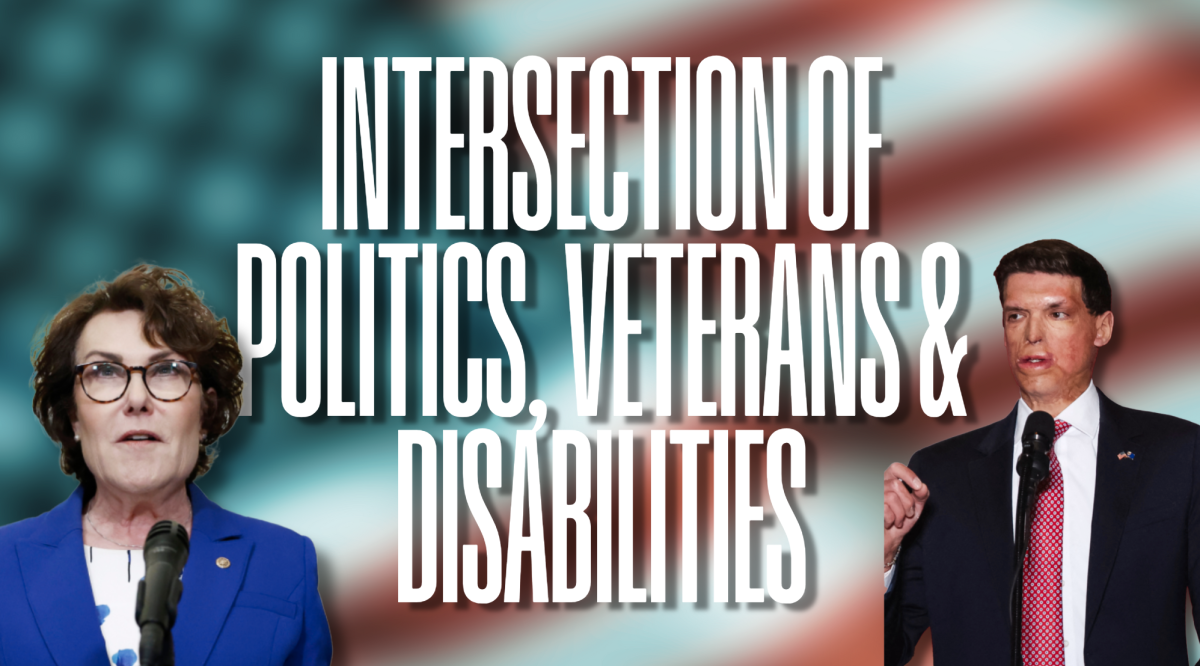Fordham University philosophy professor, Laura Specker Sullivan, Ph.D., was recently awarded a grant from the National Science Foundation (NSF) for her research project in AI/Neurotechnology.
According to the NSF website, “NSF stives to invest in a robust and diverse portfolio of projects that enables breakthroughs across all areas of science and engineering.” They state that they use three principles when determining which proposals they will fund. The projects should be of high quality with potential to advance or transform knowledge, should contribute to achieving societal goals and a meaningful assessment and evaluation of the projects should be based on appropriate metrics.
When a proposal is submitted for award consideration, it goes through a multi-step review process. First, the program officers conduct what is called a “preliminary review” to check that all the proposal requirements have been met. Next the program officers choose at least three experts in the field of the proposal to review it. The reviewers use National Science Board-approved merit criteria. After the feedback from the reviewers is received, NSF uses it and a couple other factors to make funding decisions. NSF aims to make all their decisions in six months or less.
Specker Sullivan and her research partner from University of Pennsylvania, Anna Wexler, Ph.D., were awarded a $400,000 grant for her project on the ethical guides for neurotechnology researchers on Sept. 1.
Specker Sullivan explained that the grant process was long for her and Wexler, longer than NSF typically aims for. “We submitted the application last fall, I think last October,” she commented. The NSF reward page states that the last amendment to the award was made on Aug. 19.
“The goal of the project is to try to determine whether or not ethics guidance that ethicists make for neurotechnologists ever gets used in practice, whether or not they find it useful,” said Specker Sullivan. As of now, ethics guidance that ethicists have made are not requirements for neurotechnologists doing research. The project is meant to connect ethicists and researchers so that they do work more collaboratively.
She explained that the project will occur in three phases, “First, we’re going to be doing an analysis of existing ethics guidance for neurotechnology that tries to figure out what it says, who its aim is for and where it’s published. Then, the main part of the project will be a survey of researchers in neurotechnology to find out whether they’re aware of this ethics guidance, whether they use it, if they find it helpful and if they don’t use it, why they don’t use it. Then the final stage, depending on what we find from that survey, will be hosting a series of conversations between ethicists and neurotechnologists to try to see what we can do to make ethics guidance actually reach neurotechnologists and make it more useful.”
Specker Sullivan said that she and Wexler will use the grant from NSF to fund each stage of the project. The grant will fund the survey, the hiring of a research assistant to help analyze ethics guidance and the travel to conferences to allow them to host the conversations they wish.
The funding they received from NSF will last for three years, with this being the first year. Specker Sullivan explained that the plan is for each of the three phases of the project to last approximately a year, with this year’s focus being the analysis of existing ethics guidance.
Wexler specializes in science and technology studies and has previously collaborated with Specker Sullivan on multiple papers. Specker Sullivan explained that she has had an interest in doing interdisciplinary work between philosophy, science and technology since she was an undergraduate student.
“I majored in philosophy, but then I did a lot of coursework in biology, neuroscience and cognitive science. So, I’ve kind of been trying to bring the two together for my whole career, which I think can be tricky, but it’s just always seemed really valuable to me,” she commented.
Specker Sullivan explained that it meant a lot to her to be able to get a grant from NSF as a philosopher, as it is more common for those who specialize in a STEM field to get such opportunities.
“It’s exciting to be funded to do this kind of project as a philosopher. It’s unusual for philosophers to get grants to do work in areas of science and technology so I see it as a recognition by the National Science Foundation that philosophers do bring tools that are helpful for thinking about values and ethics in science.”















































































































































































































